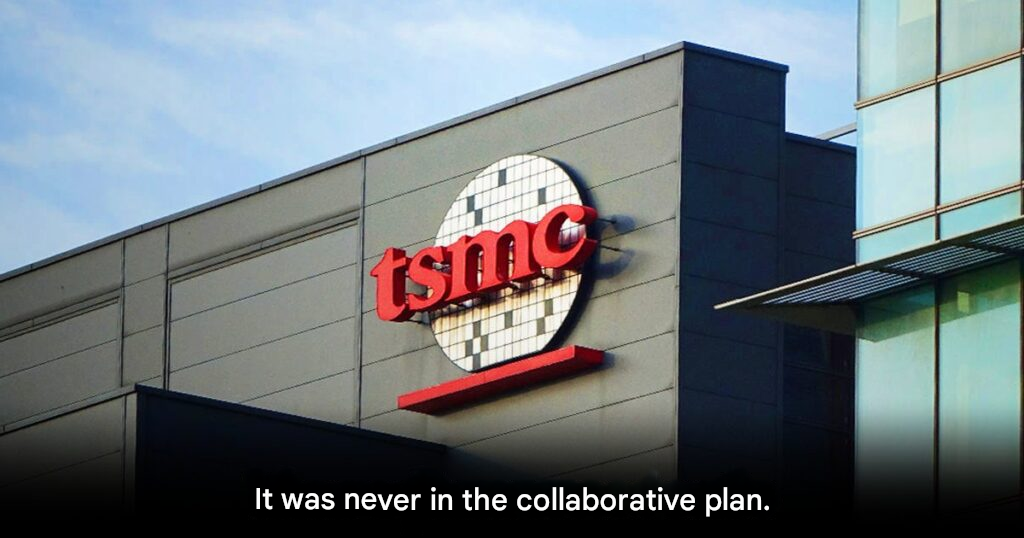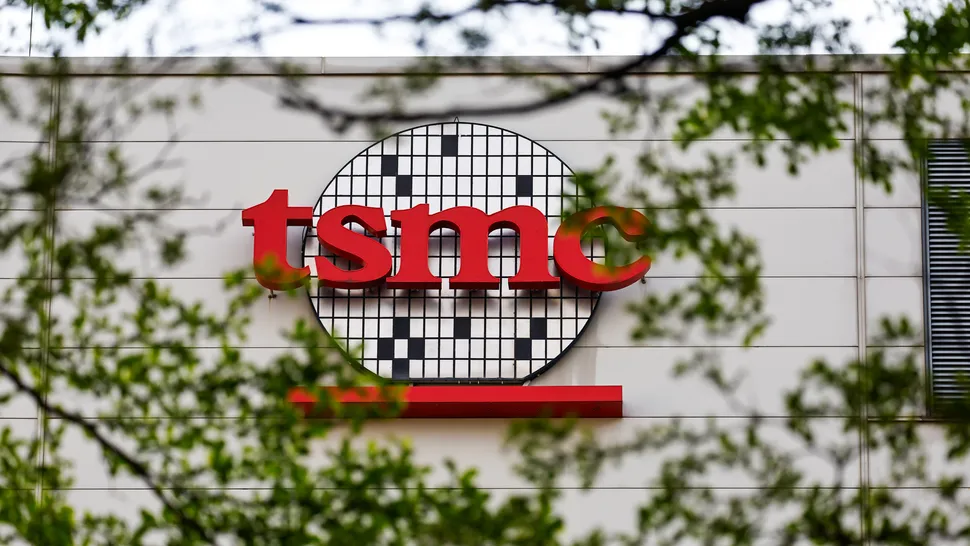TSMC Shuts Down Intel Partnership Rumors as Chip Giant Faces Deep Restructuring

TSMC Shuts Down Intel Partnership Rumors as Chip Giant Faces Deep Restructuring
Taiwan Semiconductor Manufacturing Company (TSMC) has firmly denied reports of a potential partnership or joint venture with Intel, following speculation that the two chipmakers were in talks to co-develop semiconductor technology. According to a report from the Taipei Times, TSMC rejected claims by the Wall Street Journal that Intel had approached the company about a joint manufacturing venture, stating it had never held any discussions regarding investment, technology transfer, or licensing agreements.
The rumors surfaced shortly after NVIDIA announced a $5 billion investment in Intel and plans to collaborate on x86 RTX SOC development, a move that boosted Intel’s stock by 25%. This development, along with growing pressure on Intel’s core business, reignited speculation about potential alliances — but TSMC has consistently dismissed such reports.

Intel’s search for partners comes as the company faces one of its most severe financial crises in decades. Since last year, Intel has sought major investments to shore up its operations. In August, SoftBank injected $2 billion into Intel at $23 per share, while the U.S. government released $5.7 billion in funding under the CHIPS and Science Act in exchange for a 10% stake. This influx of capital has been crucial in helping Intel sustain its investments and capital expenditure amid ongoing restructurings.
Despite the financial lifeline, Intel’s path to recovery remains challenging. CEO Lip-Bu Tan has implemented sweeping cost-cutting measures, including laying off more than 12,000 employees — about 20% of the workforce — and divesting several non-core business units to refocus on the company’s strengths.
Intel is continuing development of its next-generation chips, but yield issues with its 18A node have raised concerns. Tan has even suggested that Intel might cancel its 14A and future nodes if it fails to secure key clients. The company’s foundry division is not expected to turn a profit until 2027 — the same year 14A is expected to launch, if it proceeds at all.
On the consumer side, Intel is also under pressure. Analysts report that sales of its Lunar Lake processors have been sluggish, largely due to low demand for AI-focused chips. In response, Intel has increased the price of its older Raptor Lake models to capitalize on their renewed demand.
These mounting challenges are seen as major reasons why TSMC is reluctant to get involved with Intel. The company may also be wary of partnering with a potential future competitor, as Intel operates its own foundry business. Unless there is a significant technological advantage to be gained, TSMC appears determined to keep its distance from the struggling U.S. chipmaker.





